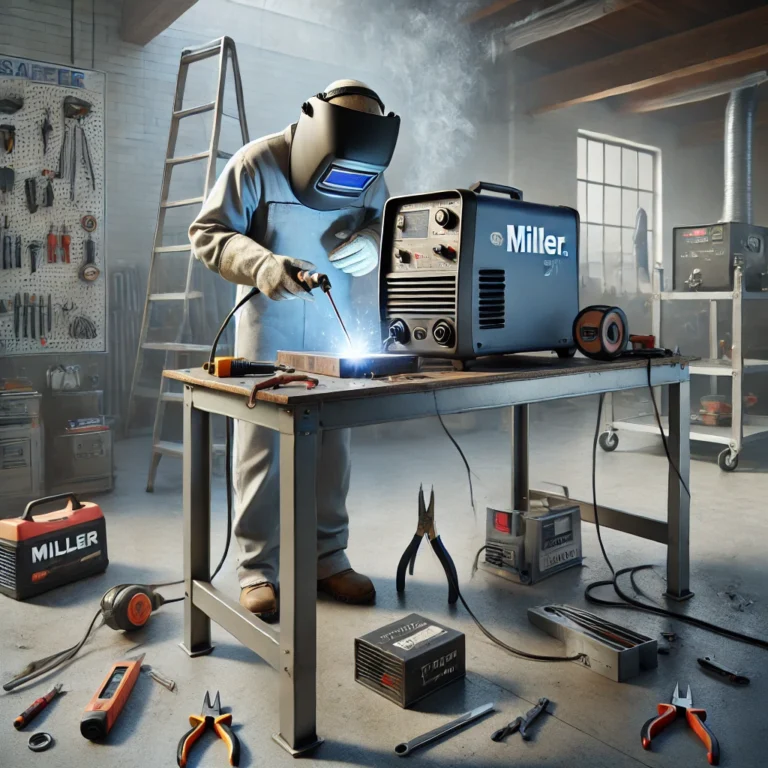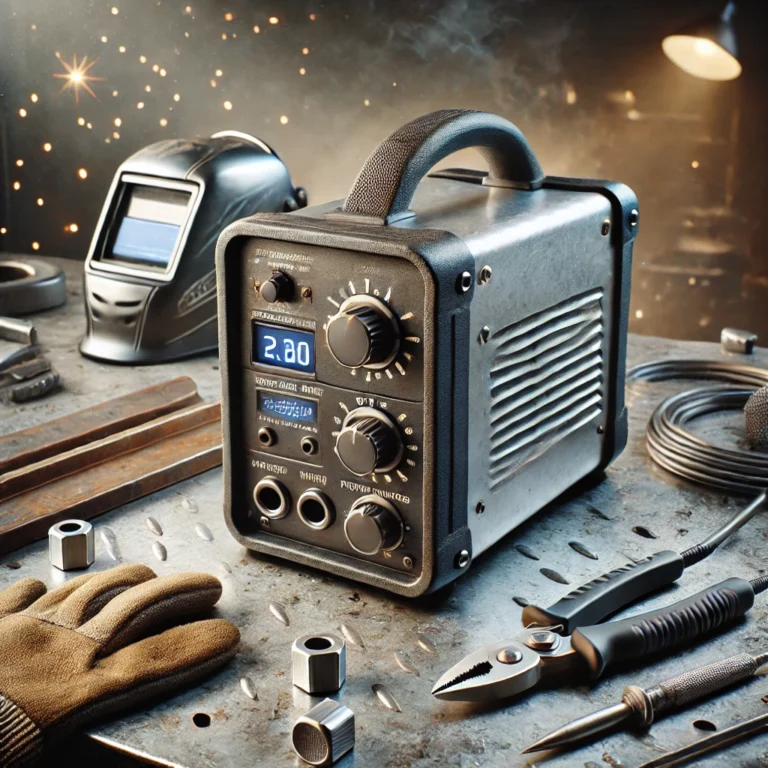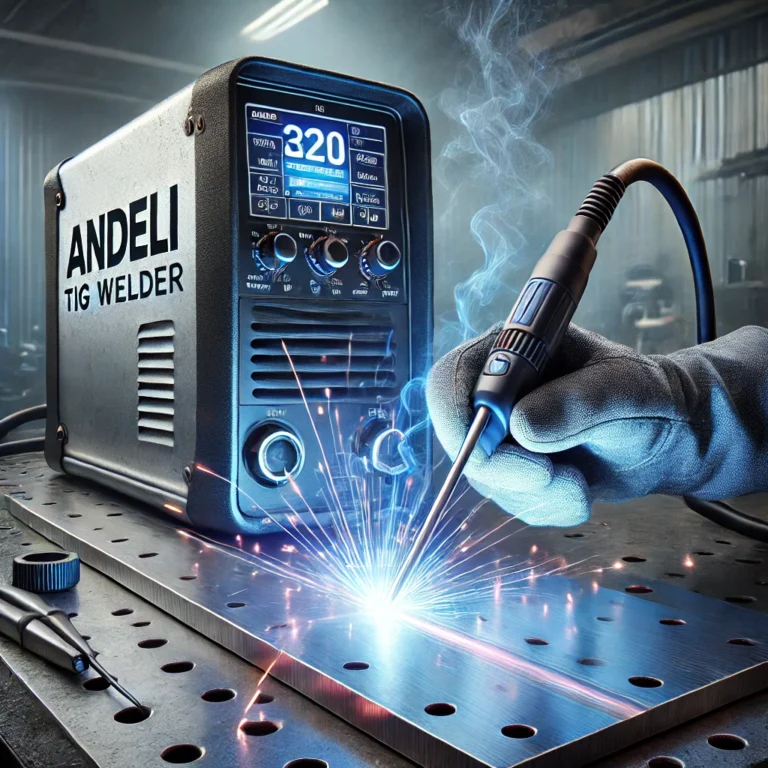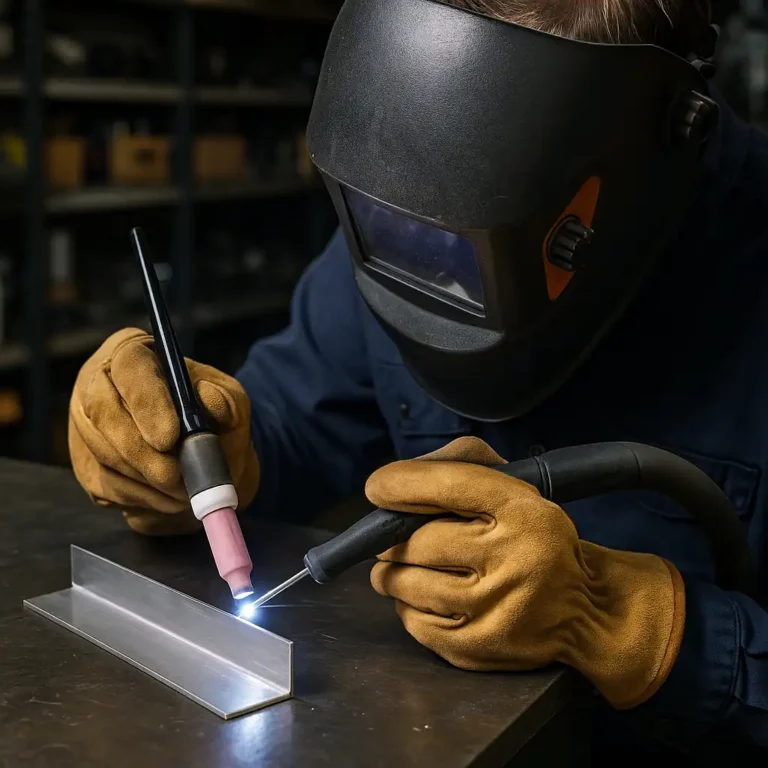YesWelder 205DS Review: A Budget Multiprocess Machine That Delivers
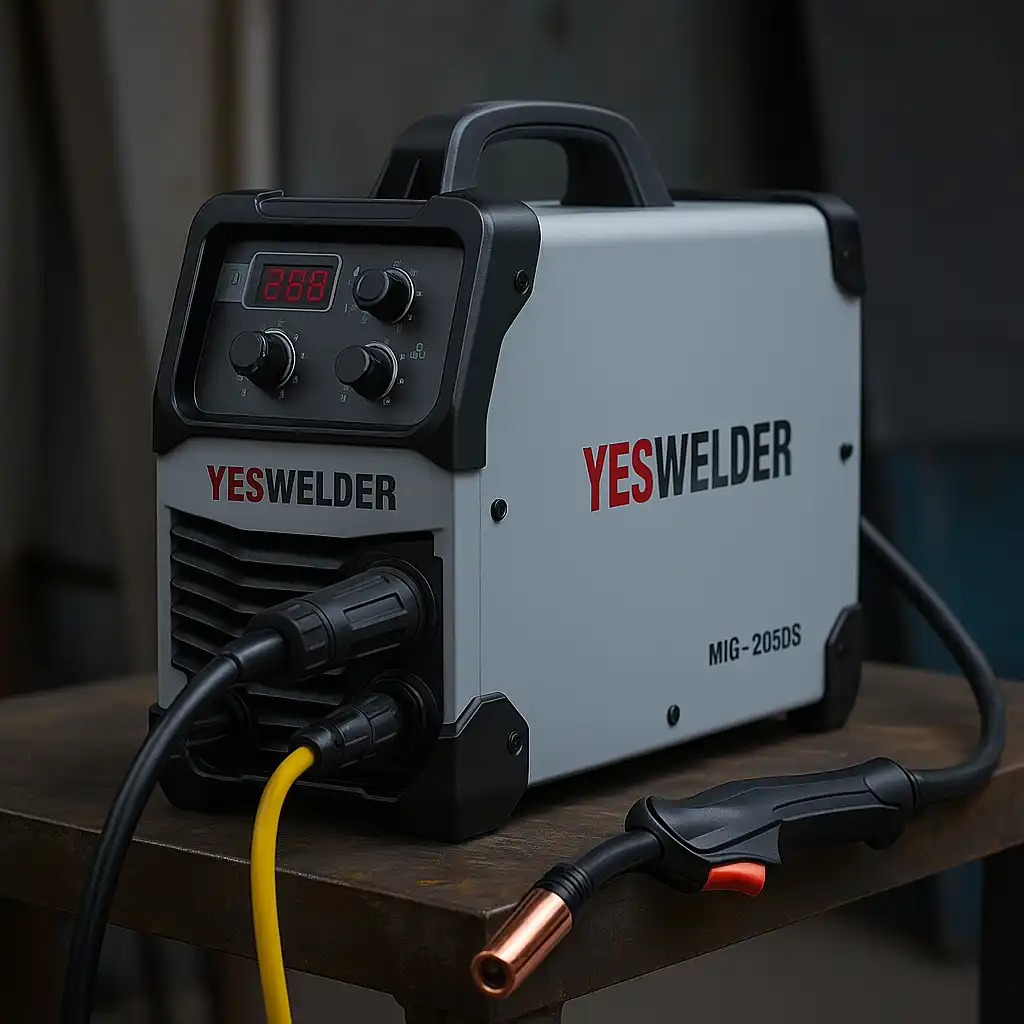
Disclosure: This post contains affiliate links. As an Amazon Associate, I earn from qualifying purchases—at no extra cost to you.
When it comes to affordable, versatile welders for DIYers or light fabrication work, the YesWelder 205DS has carved out a solid reputation. With multiprocess capability packed into a compact frame and an accessible price point, it’s worth considering for anyone looking to upgrade their welding setup. In this review, we’ll break down the specs, features, and performance of the YesWelder 205DS to help you decide if it’s the right fit.
A Versatile 5-in-1 Welder for the Home or Shop
The YesWelder 205DS is a 5-in-1 multiprocess machine that supports MIG (gas and flux-core), stick, lift TIG, and spool gun welding. That makes it incredibly appealing for beginners and experienced users alike who want one welder that can handle various tasks.
Running on dual voltage (110V/220V), it’s flexible enough to work in home garages or job sites with proper power. With up to 200 amps of output, it can weld thicker steel and even aluminum (when paired with a spool gun).
Key Features and Performance
1. Multiprocess Welding Capability
The 205DS stands out for offering multiple welding modes, which include:
- Gas MIG
- Flux-Core MIG
- Lift TIG (DC only)
- Stick (Arc) welding
- Spool gun compatibility for aluminum
This range of processes makes it suitable for steel, stainless, and aluminum welding projects. However, lift TIG lacks AC support, limiting its use to non-aluminum materials.
2. Digital Display and User Interface
The digital interface is clean and intuitive. It features an LCD screen with readouts for current and voltage. Adjustments are straightforward with the selector knob, making it accessible even for beginners.
3. Portability and Build Quality
Despite its capabilities, the YesWelder 205DS weighs under 25 lbs, making it highly portable. The outer case is rugged enough for light professional use, although not as heavy-duty as premium industrial models.
4. Welding Performance
In MIG mode, the arc is smooth and consistent, especially on 220V power. Flux-core performance is solid with minimal spatter, and stick welding works reliably on most 6010 and 7018 rods.
Performance is acceptable for TIG users’ hobby tasks, but since the unit doesn’t include a foot pedal or high-frequency start, it may not satisfy precision welders.
Pros and Cons
Pros:
- Multiprocess functionality in a compact unit
- Works with both 110V and 220V
- Digital display for easy adjustments
- Supports spool gun for aluminum
- Affordable price
Cons:
- No AC TIG for aluminum
- TIG torch and spool gun not included
- Not designed for heavy industrial duty
Conclusion
The YesWelder 205DS is an excellent multipurpose welder for hobbyists, beginners, and even pros needing a portable backup unit. While it doesn’t match the performance of high-end machines, its combination of features, affordability, and ease of use make it a fantastic value for anyone exploring different welding processes.


